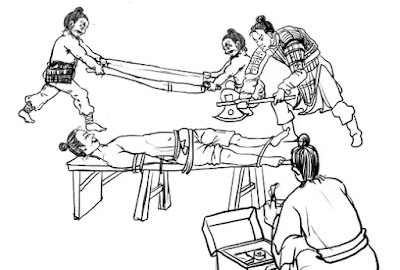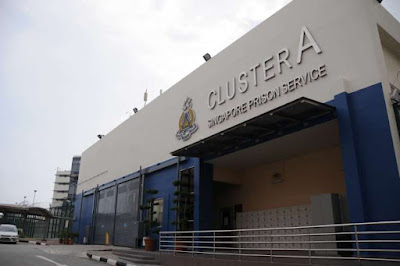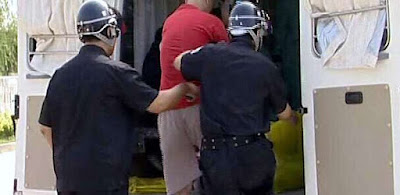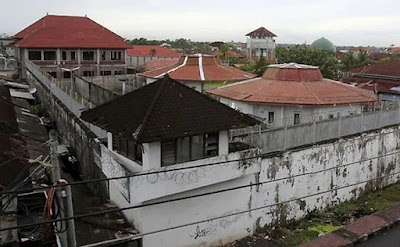The Supreme Court has rejected a 10th and likely final retrial request to review the 1961 murders of five women with poisoned wine in the central Japan city of Nabari.
In a decision dated Monday, the top court rejected a special appeal for reopening the case involving Masaru Okunishi, who died at age 89 of pneumonia while on death row in 2015, some 43 years after his death sentence for killing the women, including his wife, was finalized.
The latest petition was filed by Okunishi's sister Miyoko Oka, 94, with the defense team saying it would be her last due to her advancing years. Oka took up the case after her brother died midway through his ninth retrial request.
The defense submitted the special appeal to the Supreme Court after the Nagoya High Court rejected it in March 2022.
Four of the five deliberating justices said they were against holding a retrial. But Justice Katsuya Uga, an administrative law scholar, said they should reopen the case, becoming the first Supreme Court justice to express his opposition.
Five women, including Okunishi's wife, died and 12 others were hospitalized after drinking poisoned wine at a community meeting on March 28, 1961, in Nabari, Mie Prefecture.
While Okunishi initially told investigators he had laced the wine with a pesticide, he retracted his confession before his indictment.
The Tsu District Court acquitted Okunishi in 1964, citing a lack of evidence. But the Nagoya High Court overturned the lower court ruling and sentenced him to death in 1969, a decision the Supreme Court upheld in 1972.
In the latest petition, defense lawyers submitted as new evidence an expert report stating a fragment of the paper seal on the wine bottle's stopper showed traces of commercially available glue that differed from that used at the wine's manufacturing stage.
They argued it showed the true culprit could have opened the wine at a location other than the crime scene, administered the poison and subsequently resealed the bottle.
But the top court backed the Nagoya High Court's decision not to authorize a new trial on the basis the written expert opinion did not constitute new evidence.
In the seventh retrial petition in 2005, the Nagoya High Court decided to reopen the case after finding there was a high possibility the pesticide Okunishi named was not used. However, the decision was nullified after prosecutors filed an objection.
Source:
japantoday.com, Staff, January 31, 2024
_____________________________________________________________________
SUPPORT DEATH PENALTY NEWS





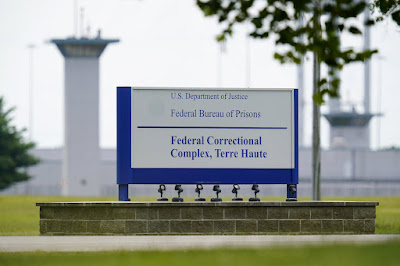
.jpg)

